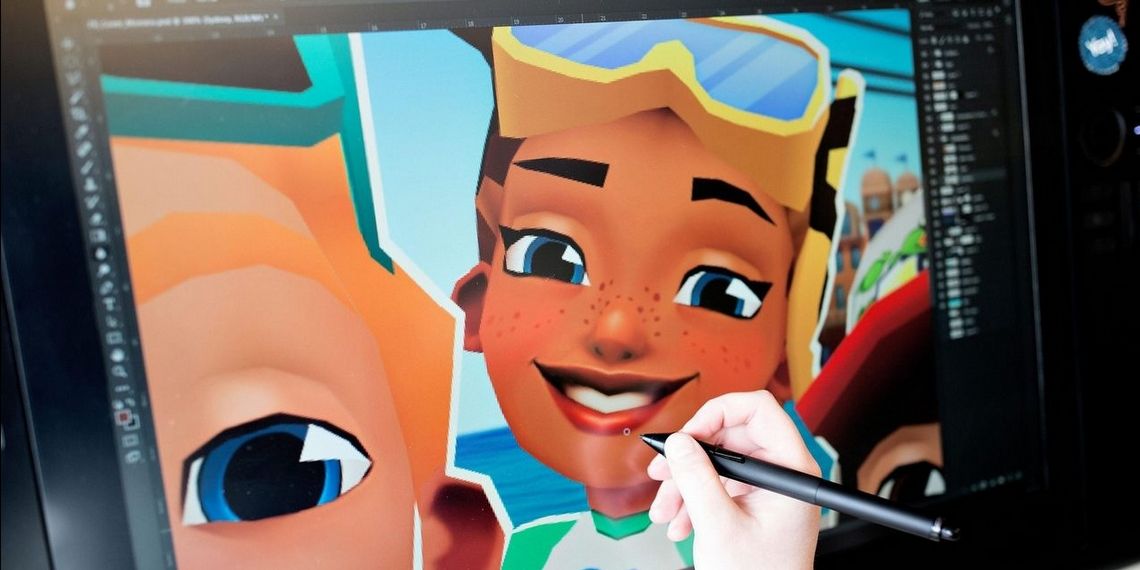Unity Backtracks on Controversial Payment Model For Game Devs After Admitting Mistake
Unity abandons controversial developer fees. The company's new CEO wants to regain the trust of game developers by introducing more transparent and favorable terms.

Last year a real media storm broke out around Unity. Without a doubt, the scandal concerning changes to the terms of use of the company's engine was one of the most high-profile in the industry in recent years. It should also be noted that its consequences are still visible today. As a result of all this "confusion" Unity even lost its head at the time – John Riccitiello.
Today, the new CEO of the company, Matt Bromberg, is working to rebuild trust among developers and has announced the immediate discontinuation of the so-called Runtime Fee (i.e. the fee charged to developers for each installation of a game developed on Unity, which previously sparked a lot of controversy). At the same time, Bromberg also announced a return to the previously applicable subscription model based on the number of job positions.
The Unity Pro subscription will cost $2,200 from the new year, which is an 8% increase per seat compared to before, and will be mandatory for clients with annual revenue exceeding $200,000. The revenue limit for the free Unity Personal option was previously 100,000 dollars and it has now been increased to 200,000. This change is therefore very beneficial. Unity Personal will remain free as announced.
The price of the Unity Enterprise subscription will increase by as much as 25%, targeting customers with revenues and funding exceeding $25 million.
Bromberg highlighted that this decision is primarily driven by the mission of "democratizing game development" which has been the guiding principle for Unity for years.
Over the last 20 years, we've partnered with brilliant designers and developers, artists and engineers, publishers and platforms, to build a world where great games could be built by anyone, for everyone. We called it "democratizing game development," and it remains our core mission today.
The company aims to become a "better partner" and encourage developers, whose trust it has lost, to use the Unity 6 engine again by introducing these new, more transparent terms.
- „Value slaughter.” Baldur's Gate 3 publisher has no illusions: the engagement economy is big threat to game developers
- BioWare veteran believes that sometimes it's worth „throwing the thing in reverse and finding another way forward”
- „They just didn't want me to do it.” Baldur's Gate 3 actor, Neil Newbon, fights for fame and respect for people in his profession
- Baldur's Gate 3 creator stood up for single player games. „Use your imagination. They are not dead,” says Swen Vincke
- Average age of devs is getting higher. Number of creators over 45 is growing